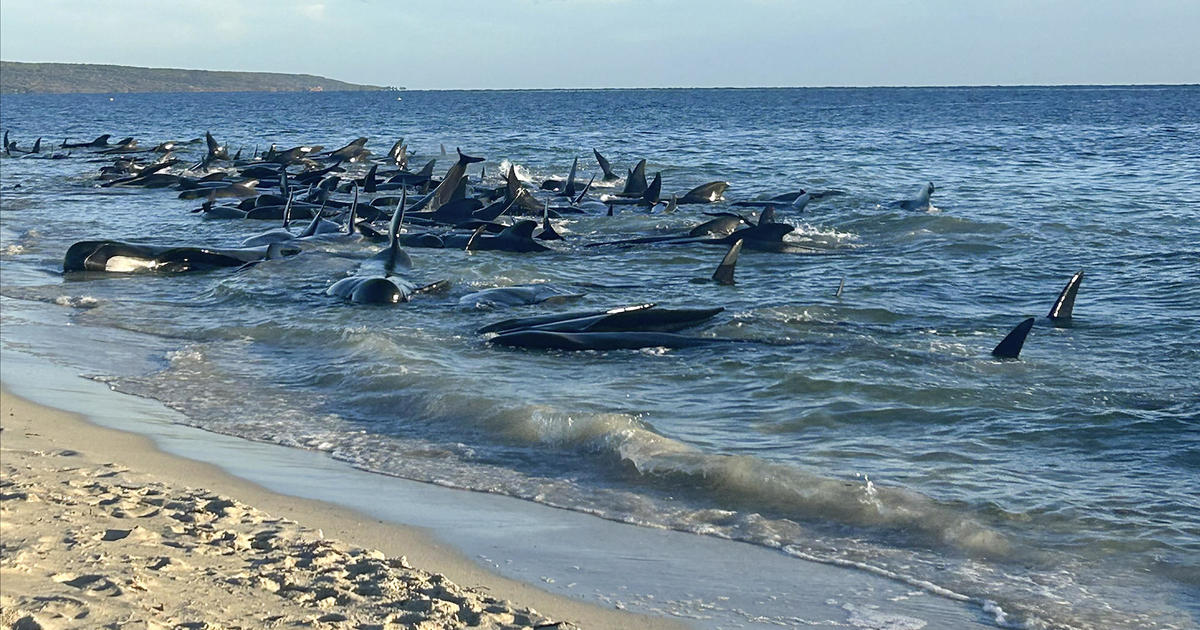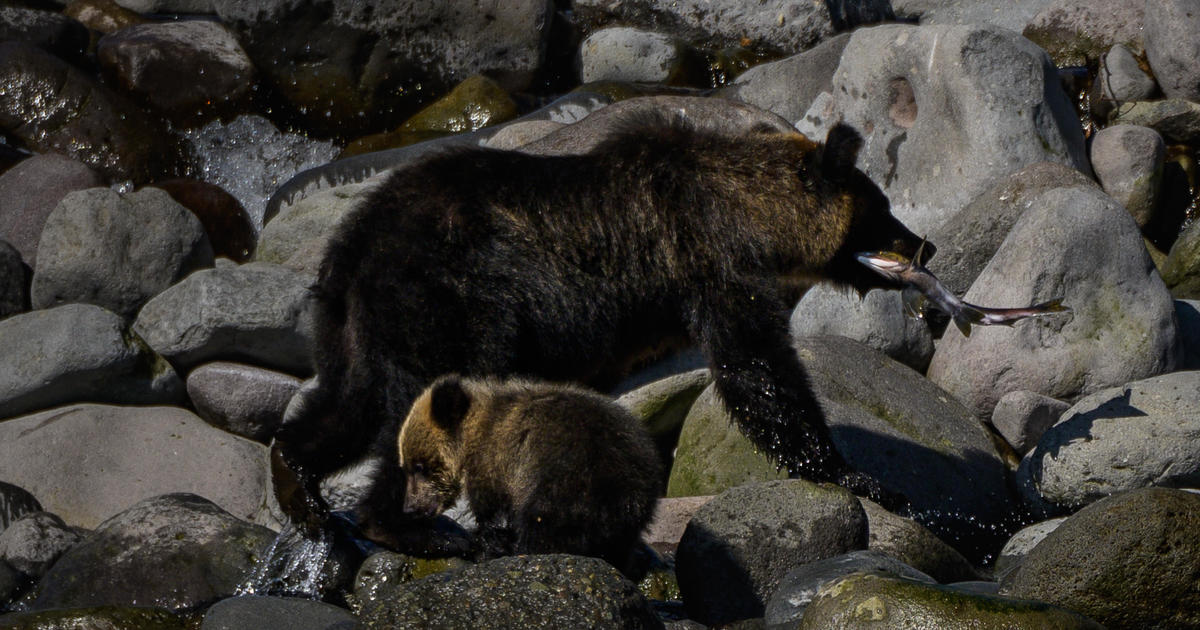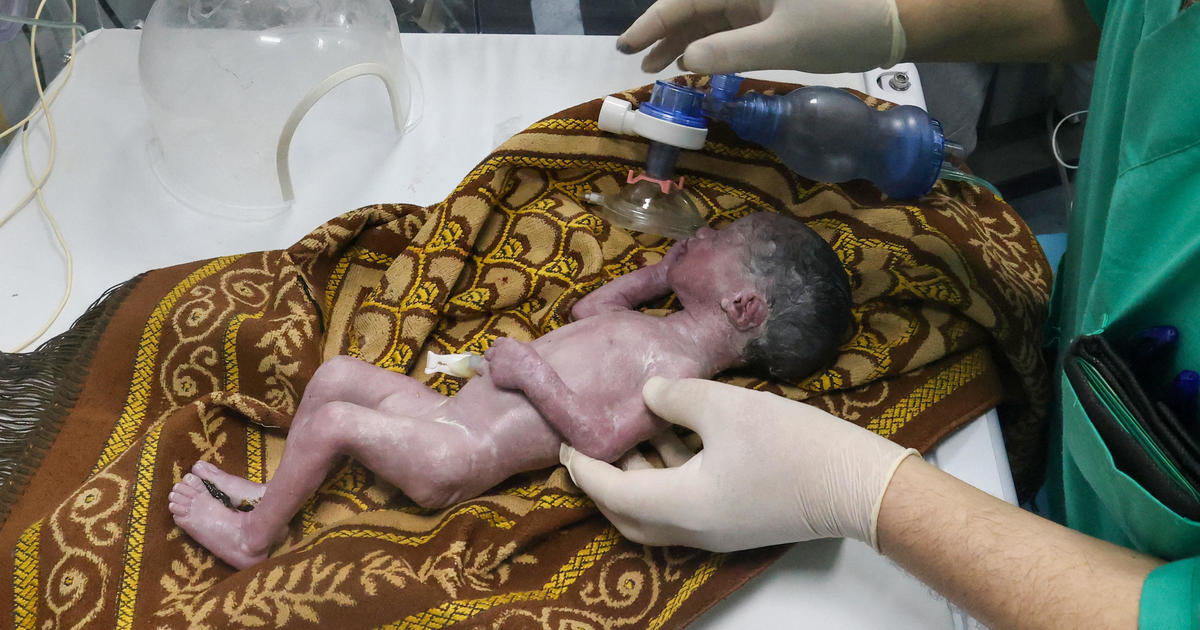More than 50 whales die after stranding on Scottish isle
A pod of more than 50 pilot whales died Sunday after a mass stranding on the beach of a Scottish isle.
Just one whale survived, according to marine charity British Divers Marine Life Rescue.
The organization was alerted to the beached whales by North Tosta on the Isle of Lewis around 7 a.m. local time. Only 15 of the approximately 55 beached whales were still alive when rescue teams arrived.
Rescue workers tried to refloat the surviving whales, according to the marine charity, but three more died as rescue teams worked, leaving 12 still alive – 8 adults and 4 calves.
By around 3:30 p.m., veterinarians concluded the rough waves and shallow beach made it too unsafe to refloat the whales, and they were euthanized.
The organization said it was an "incredibly complex rescue." The area was remote, so medics needed to drive up to five miles to get service in order to communicate with rescue coordinators. Flotation pontoons also needed to be flown in. The British Divers Marine Life Rescue said the organization was "desperately short of response equipment" after Sunday's rescue efforts.
While officials have not come to a final conclusion about why the mass stranding happened, the marine charity believes one of the whales beached while giving birth. "Pilot whales are notorious for their strong social bonds, so often when one whale gets into difficulty and strands, the rest follow," the organization said.
The Scottish Marine Animal Stranding Scheme will conduct necropsies to determine the cause. People were advised to avoid the area to make sure the necropsies could be done without interference. The organization said Sunday's beaching is believed to be the largest fatal mass stranding event in Scotland for decades.
Nearly 500 pilot whales died in two stranding events in New Zealand last year. In Australia, a mass stranding in 2020 left at least 380 whales dead.
Sunday's mass stranding happened just days after 78 pilot whales were killed as part of a traditional hunt in the Faroe Islands, a self-governing, semi-autonomous region of Denmark.



